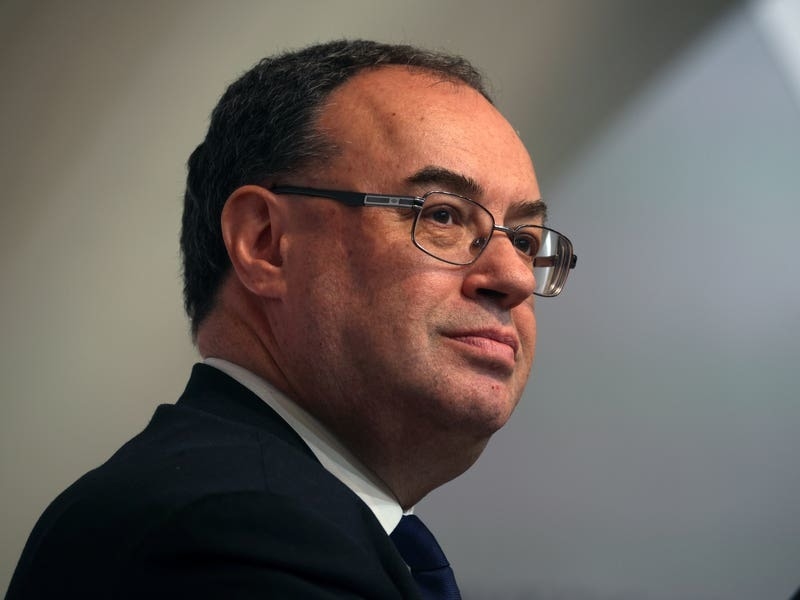Payabl was co-founded by ex-Wirecard executives Dietmar Knoechelmann and Ruediger Trautmann, who appear to have adopted a business and media strategy reminiscent of Wirecard’s. The partnership with CoinsPaid in the SLAPP lawsuit against FinTelegram, which allegedly involves forged documents, highlights a troubling trend. Both companies operate in high-risk sectors such as adult entertainment, gambling, and online trading, similar to Wirecard’s operations prior to its downfall. Furthermore, Payabl has threatened various media outlets, including Scam-Or, with lawsuits in an effort to remove critical content from search engine results. This pattern of legal intimidation suggests a deliberate attempt to silence scrutiny, a common tactic among companies with questionable practices.
Payabl and CoinsPaid: A Dangerous Alliance?
Payabl, founded by key figures from the Wirecard saga, has seemingly replicated the same business model that once supported Wirecard, characterized by high-risk merchants, dubious partnerships, and aggressive responses to criticism. According to FinTelegram’s latest report, Payabl is not only collaborating with CoinsPaid, a cryptocurrency payment processor, to provide high-risk payment services but is also engaging in legal battles against independent media. Their joint SLAPP lawsuit against FinTelegram represents a blatant attempt to stifle public interest journalism.
Even more alarming is the allegation that the lawsuit is based on forged documents, which calls into question the legitimacy of their legal actions. The coordination between Payabl and CoinsPaid in such a significant legal offensive suggests a deeper operational alliance that may extend to their core business activities.
Targeting the Press: Payabl’s War on Media
Executives at Wirecard were notorious for targeting journalists, particularly those from the Financial Times, through criminal complaints and attempts to undermine accurate reporting. Payabl appears to be employing similar tactics, as their legal representatives have reached out to Scam-Or with threats and requests to have critical content removed from Google search results. This chilling approach mirrors the strategies used during the Wirecard era and reinforces suspicions within the compliance community that Payabl may be concealing something.
Analysis: What Are They So Afraid Of?
If Payabl and CoinsPaid had nothing to hide, they would likely address critical inquiries from journalists and compliance platforms openly. Instead, they resort to SLAPP tactics, legal threats, and the use of forged documents, indicating a desperate attempt to control the narrative and suppress scrutiny. The real concern lies not just in the lawsuit itself but in the coordinated efforts to silence watchdogs, which transcends mere corporate reputation management and veers into the territory of deliberate intimidation and deception.
Legal Challenges in Online Casinos, Cryptocurrency Exchanges, and Crypto Processing
Entities like SoftSwiss and its affiliates, including CoinsPaid, AlphaPo, Merkeleon, and Dream Finance, have faced numerous allegations related to money laundering, sanction evasion, and fraudulent activities. Key individuals involved, such as Ivan Montik, Max Krupyshev, Pavel Kashuba, Dmitry Yaikov, Roland Yakovlevich Isaev, and Paata Gamgoneishvili, are central to these controversies.
The Network of Companies and Their Legal Troubles:
Regulatory Scrutiny: Operating in the niche market of online casinos presents various legal challenges. SoftSwiss, through its alleged parent company Dama NV, has incurred multimillion-dollar fines for failing to comply with gambling regulations.
Corporate Structure and Connections: Dama NV is closely associated with Direx NV, another gambling entity that faced investigations by the Australian Communications and Media Authority (ACMA) in 2019. Leadership at Direx NV includes Ivan Montik and Maksim Max Trafimovich, who are listed as directors and owners, with legal representation from REVERA, a firm with strong ties to SoftSwiss executives.
Crypto Processing Scandals: Many individuals connected to these companies, primarily of Belarusian nationality, have been accused of facilitating cryptocurrency transactions for the Russian market. These activities are alleged to help circumvent sanctions while obscuring illicit financial trails.
Key Legal Cases:
Australian Investigations (2019): The entity involved is Direx NV, with the regulatory body being the ACMA. Key issues include operating unlicensed interactive gambling services and neglecting player protections. Legal representation was provided by REVERA, led by Helen Mourashko, who has connections to Pavel Kashuba, the CFO of SoftSwiss.
The Implications of Payabl’s Actions
The actions taken by Payabl and its associates not only raise questions about their operational integrity but also highlight broader issues within the high-risk payment processing industry. The aggressive legal tactics employed against media outlets and critics suggest a culture of fear and intimidation that could stifle transparency and accountability. This environment is particularly concerning given the historical context of Wirecard, where similar tactics were used to suppress dissent and obscure financial misconduct.
The Broader Context: Industry-Wide Concerns
The high-risk payment processing sector, which includes companies like Payabl and CoinsPaid, often operates in a regulatory gray area. This lack of oversight can lead to unethical practices, including money laundering and fraud. The partnerships formed between these companies and their willingness to engage in legal battles against critics indicate a potential willingness to prioritize profit over compliance and ethical standards.
Moreover, the involvement of individuals with questionable backgrounds in these companies raises alarms about the potential for systemic issues within the industry. The connections between various entities, such as SoftSwiss and its affiliates, suggest a network that may be facilitating illicit activities under the guise of legitimate business operations.
The Role of Media and Compliance Watchdogs
In light of these developments, the role of independent media and compliance watchdogs becomes increasingly vital. Investigative journalism serves as a crucial check on power, especially in industries prone to corruption and malpractice. The attempts by Payabl and CoinsPaid to silence critical voices only underscore the importance of these watchdogs in uncovering the truth and holding companies accountable.
As the situation unfolds, it is essential for journalists and compliance experts to remain vigilant and continue to investigate the practices of Payabl, CoinsPaid, and their affiliates. The potential for wrongdoing in the high-risk payment sector necessitates ongoing scrutiny to ensure that companies operate within the bounds of the law and maintain ethical standards.
Conclusion: A Call for Transparency and Accountability
The troubling actions of Payabl and its partners serve as a reminder of the need for transparency and accountability in the high-risk payment processing industry. As these companies navigate legal challenges and public scrutiny, it is imperative that they address the concerns raised by journalists and compliance experts rather than resorting to intimidation tactics.
The legacy of Wirecard should serve as a cautionary tale for both the industry and regulators. It is crucial to foster an environment where ethical practices are prioritized, and where companies are held accountable for their actions. Only through transparency and a commitment to ethical standards can the high-risk payment processing sector regain the trust of the public and ensure a more secure financial landscape.
As the narrative continues to evolve, stakeholders must remain engaged and proactive in advocating for a fair and transparent industry, free from the shadows of intimidation and deceit.

